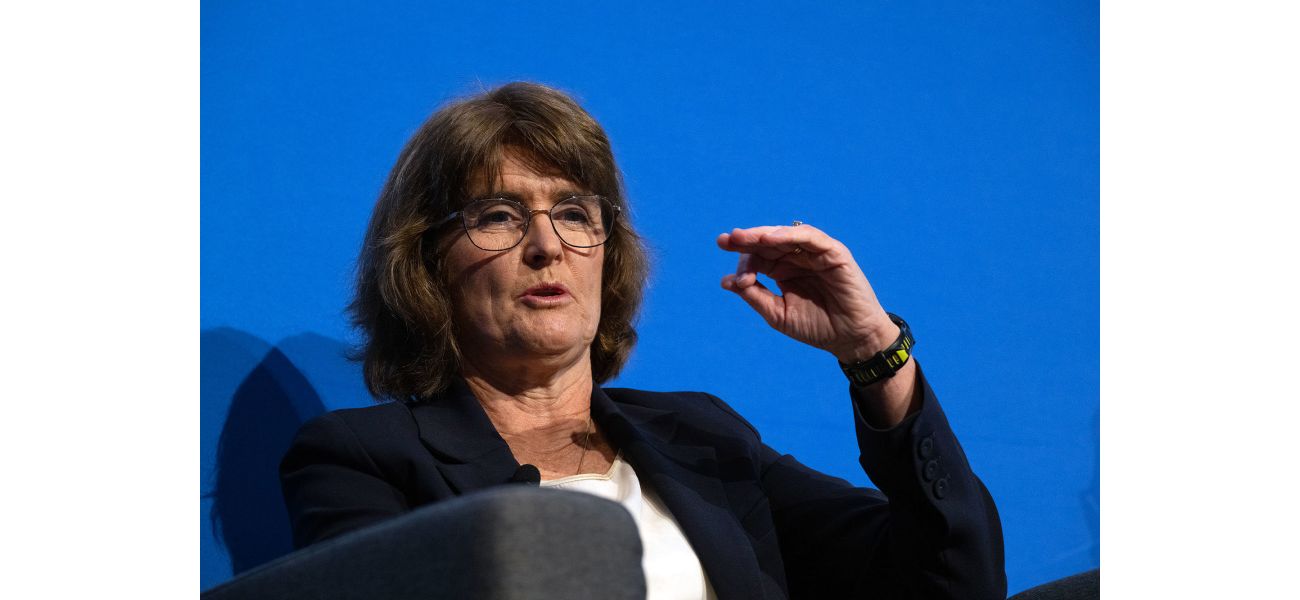The RBA is hesitant to cut rates due to two factors.
RBA's Bullock dismisses idea of early rate cut despite positive inflation data.
November 29th 2024.

RBA Governor Michele Bullock has made it clear that any hopes of an early interest rate cut following Wednesday's better-than-expected inflation figures should be put to rest. The monthly data, although considered less significant than quarterly numbers, showed the consumer price index holding steady at 2.1 per cent, well within the Reserve Bank's target range of 2-3 per cent. This was followed by the September quarterly figures which had the CPI at 2.8 per cent.
While this is the lowest inflation rate we have seen since the peak of the pandemic, concerns about its sustainability are what is holding the RBA back from taking action. In a speech last night to the Committee for Economic Development of Australia, Bullock emphasized the importance of looking at inflation trends in the medium term and not being swayed by temporary factors that may influence the headline rate.
She stated that there is still a way to go before inflation can be sustainably brought back within the target range and mentioned the RBA's forecast that this may not happen until 2026. Bullock also highlighted the current low unemployment rate of around 4.1 per cent as a barrier to making any cuts to interest rates. She noted that this is significantly lower than historical standards and other countries, and the increase in the unemployment rate over the past two years has been minimal compared to other nations.
However, Bullock acknowledged that inflation could return to target sooner than expected, and the RBA would adjust its stance accordingly. In response to a question about the potential impact of US President-elect Donald Trump's plans to impose trade tariffs, Bullock stated that while this may lead to inflation in the United States, it could have the opposite effect on Australia. She even suggested that Australia could benefit from these trade moves and experience deflationary effects if the situation unfolds in a certain way.
Bullock's speech coincided with the passing of long-proposed laws in federal parliament to reform the Reserve Bank. These new laws include the creation of a second board that will focus specifically on setting interest rates. The new dual-board structure is expected to come into effect in March, just in time for the central bank's second cash rate decision of 2025.
While this is the lowest inflation rate we have seen since the peak of the pandemic, concerns about its sustainability are what is holding the RBA back from taking action. In a speech last night to the Committee for Economic Development of Australia, Bullock emphasized the importance of looking at inflation trends in the medium term and not being swayed by temporary factors that may influence the headline rate.
She stated that there is still a way to go before inflation can be sustainably brought back within the target range and mentioned the RBA's forecast that this may not happen until 2026. Bullock also highlighted the current low unemployment rate of around 4.1 per cent as a barrier to making any cuts to interest rates. She noted that this is significantly lower than historical standards and other countries, and the increase in the unemployment rate over the past two years has been minimal compared to other nations.
However, Bullock acknowledged that inflation could return to target sooner than expected, and the RBA would adjust its stance accordingly. In response to a question about the potential impact of US President-elect Donald Trump's plans to impose trade tariffs, Bullock stated that while this may lead to inflation in the United States, it could have the opposite effect on Australia. She even suggested that Australia could benefit from these trade moves and experience deflationary effects if the situation unfolds in a certain way.
Bullock's speech coincided with the passing of long-proposed laws in federal parliament to reform the Reserve Bank. These new laws include the creation of a second board that will focus specifically on setting interest rates. The new dual-board structure is expected to come into effect in March, just in time for the central bank's second cash rate decision of 2025.
[This article has been trending online recently and has been generated with AI. Your feed is customized.]
[Generative AI is experimental.]
0
0
Submit Comment





